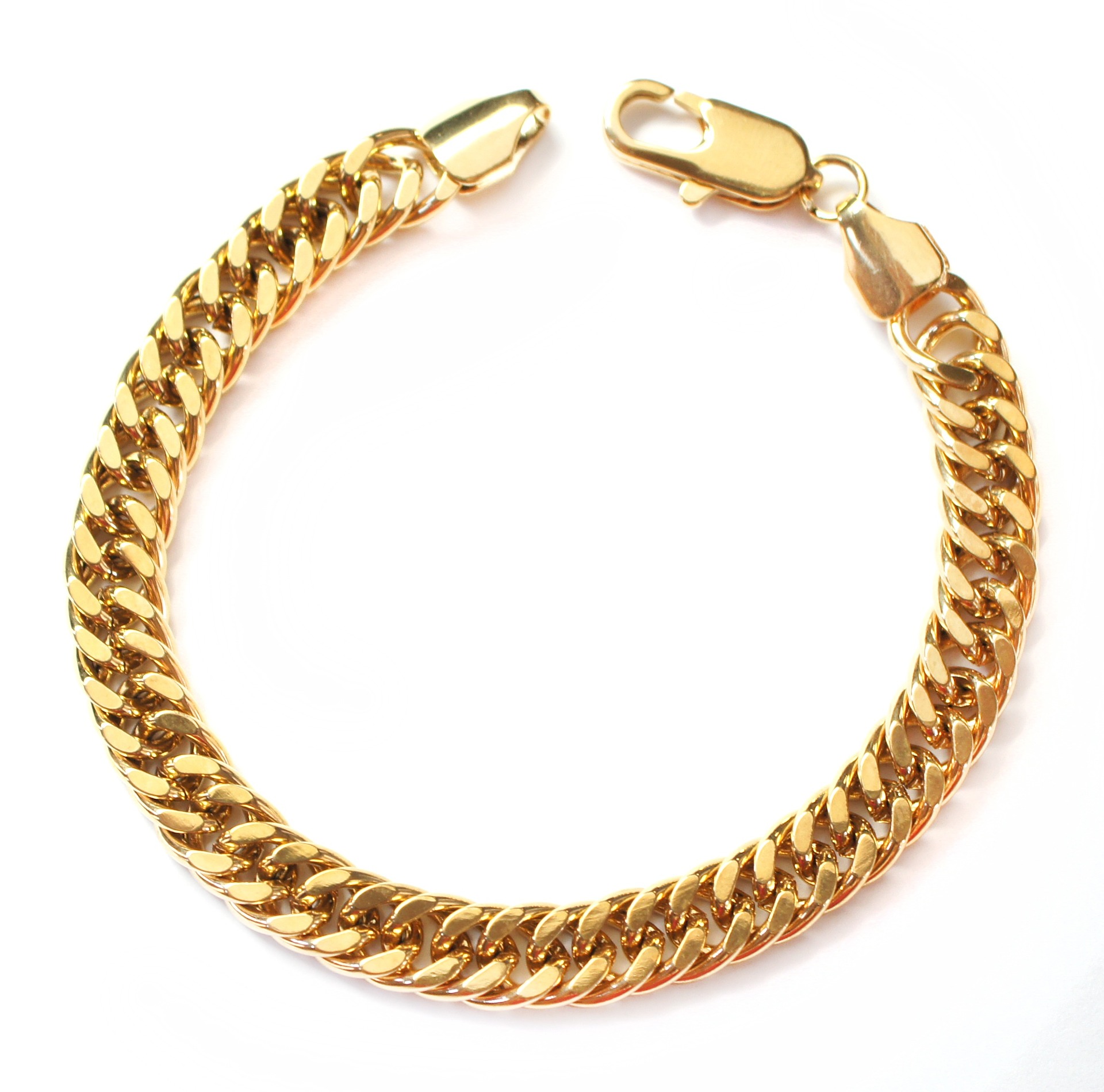A GUIDE TO JEWELLERY CARE
One wonderful thing about jewellery is how easy it is to keep it clean and sparkling. In simple terms, don’t just leave your jewellery lying in a drawer gathering dust but take it out and check it over from time to time.
And, if you do have any concerns take it along to your local member of the National Association of Jewellers. NAJ members have a real passion for jewellery and will take great pride in helping you keep yours looking as beautiful as the day it was bought.
Here are a few tips on some of the things you can do.
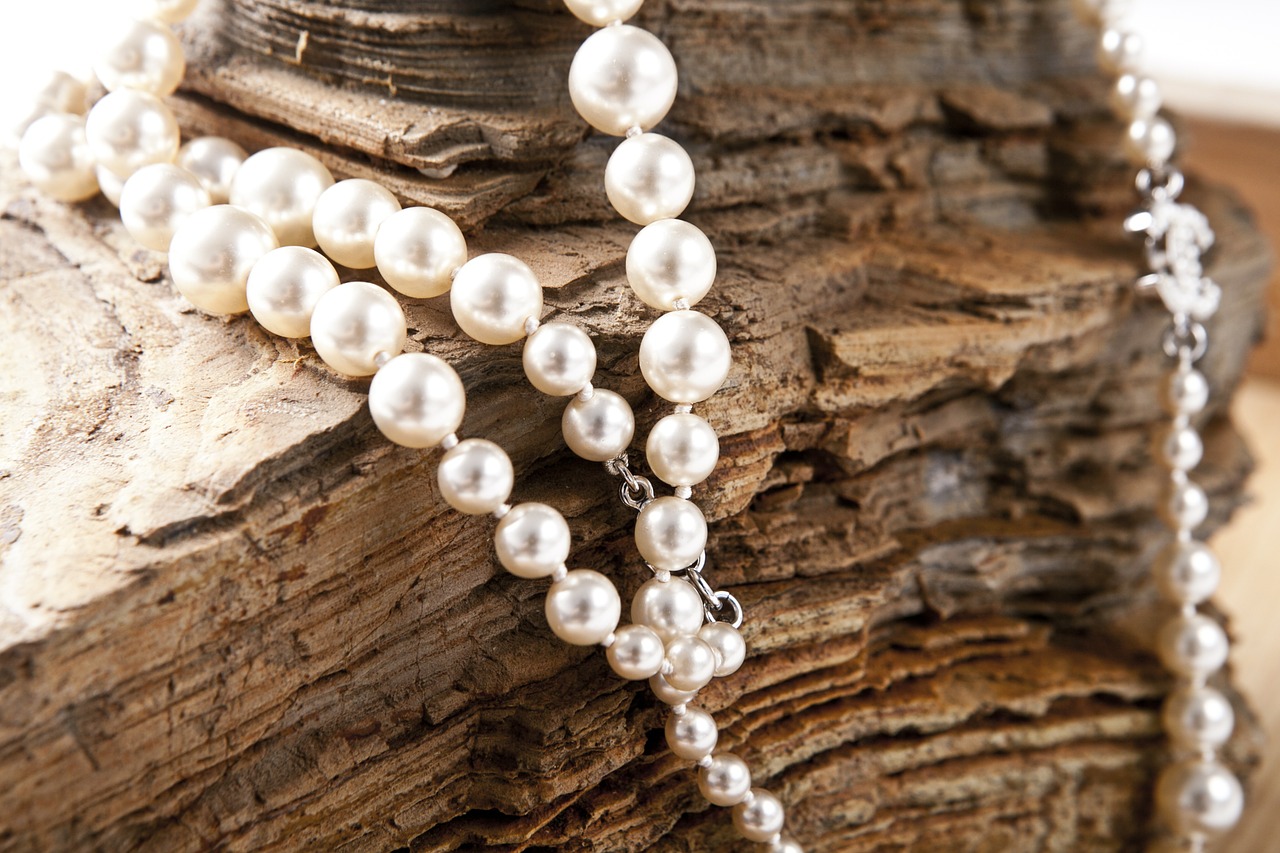
GENERAL CARE
Jewellery is delicate and unfortunately not indestructible so it’s important to take great care with it:
- Take your jewellery off if you’re involved in sports, swimming or gardening. Indeed any activity which could knock or damage it.
- Take it off when you go to bed.
- Keep it well away from chemicals, especially chlorine. If it does come in contact with chemicals, rinse it in water immediately.
- Bathe and apply any lotions or perfumes before you put your jewellery on. They can particularly damage gemstones like pearls or opals.
- Store it separately, ideally in a soft-lined box or case, so that your favourite pieces don’t tangle, rub or scratch one another.
PRECIOUS METALS
Precious metals will wear over time even in daily use. Worn next to each other, precious metal rings will rub together. Polished metals may become dull while matte finishes may develop a surface patina.
GOLD
Did you know?……
Gold is naturally yellow when it comes out of the ground; white, red, pink and rose gold are colours created by using other elements alloyed with gold.
The higher the carat, the softer the metal. Generally speaking 24ct gold will tend to mark and pit more than 18ct or 9ct. All your gold jewellery can be re-polished and restored back to new by a qualified jeweller. The same is true for white and rose gold.
White gold is generally plated with rhodium, a metal from the platinum family, to produce its bright, white colour. Plating can wear away over time but all your jewellery can be re-plated to restore the original finish.
9ct rose gold can sometimes tarnish or turn the wearer’s finger greenish – that’s because of the copper in the alloy.
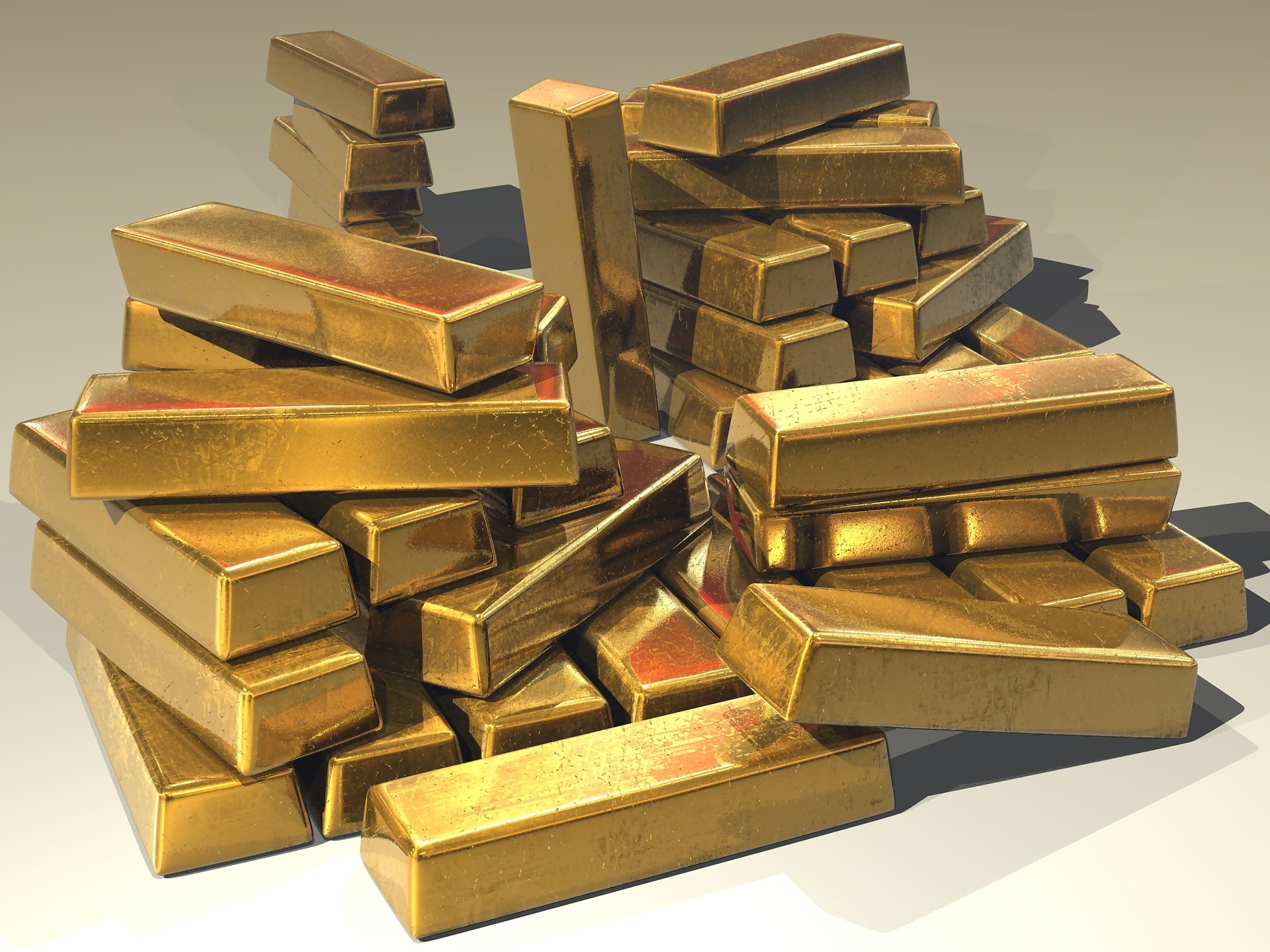
SILVER
A quick rub with a silver cloth will keep your silver bright and gleaming. For a matte finish apply a soft, school-type rubber directly to the metal to avoid any damage. If it is badly tarnished use silver dip or take it to your NAJ jeweller for re-polishing.
For the best results keep your silver in an anti-tarnishing bag to avoid contact with the air.
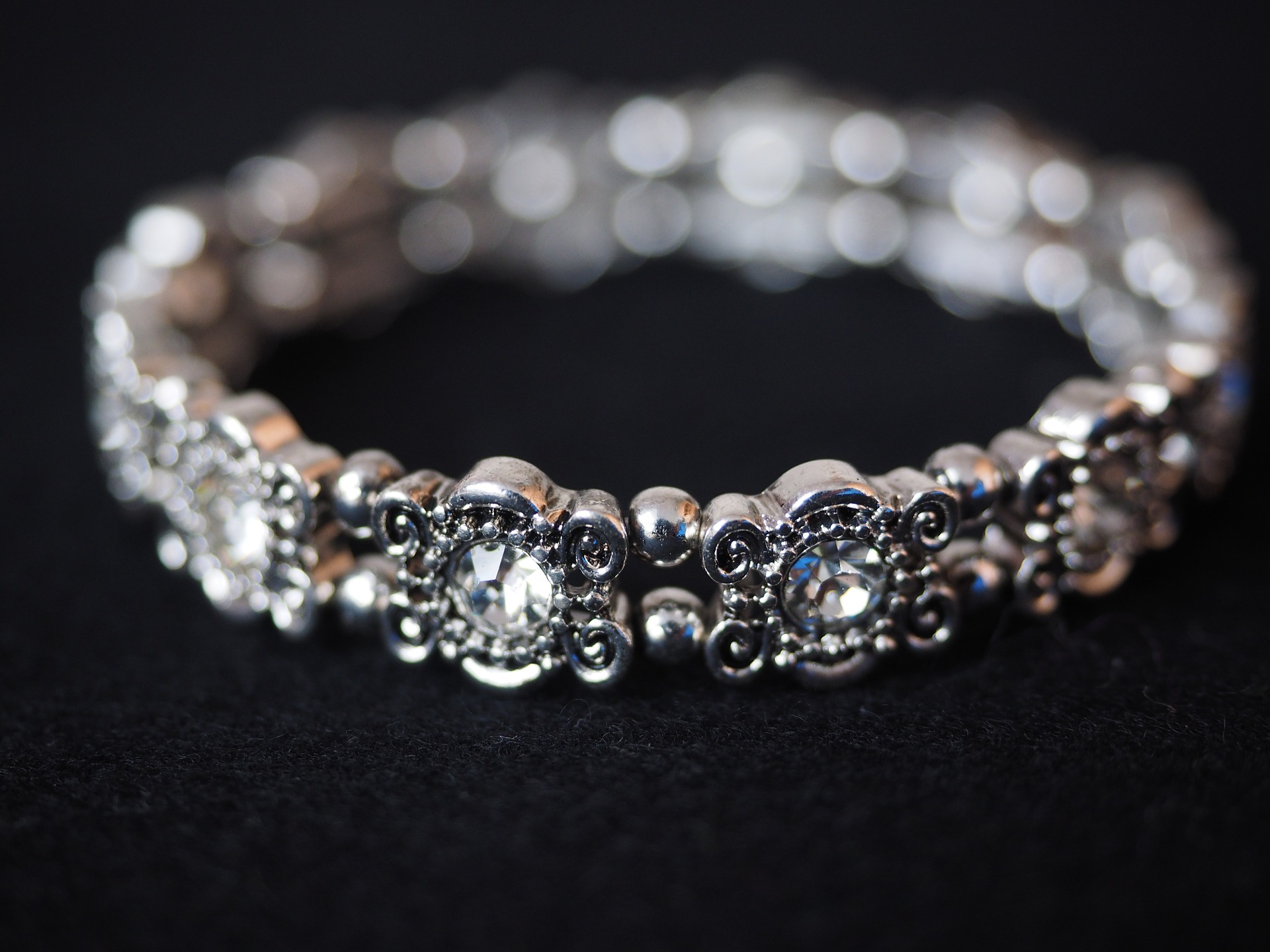
PLATINUM
Platinum is the purest, rarest and toughest of the metals used in jewellery, making it ideal for engagement and wedding rings. It can suffer from minor scratches and lose its shine but it can easily be re-polished.
PALLADIUM
Palladium is a cousin of platinum. It is a lighter metal but has many of the same qualities. If you need your palladium jewellery resized, you may possibly see a join made by the soldering.
METAL ALLERGIES
very occasionally people have allergies to pure 24-carat gold, platinum or even titanium. If you do have any sort of adverse reaction such as a rash, red swollen skin or itchiness, stop wearing the jewellery at once and ask your doctors advice.
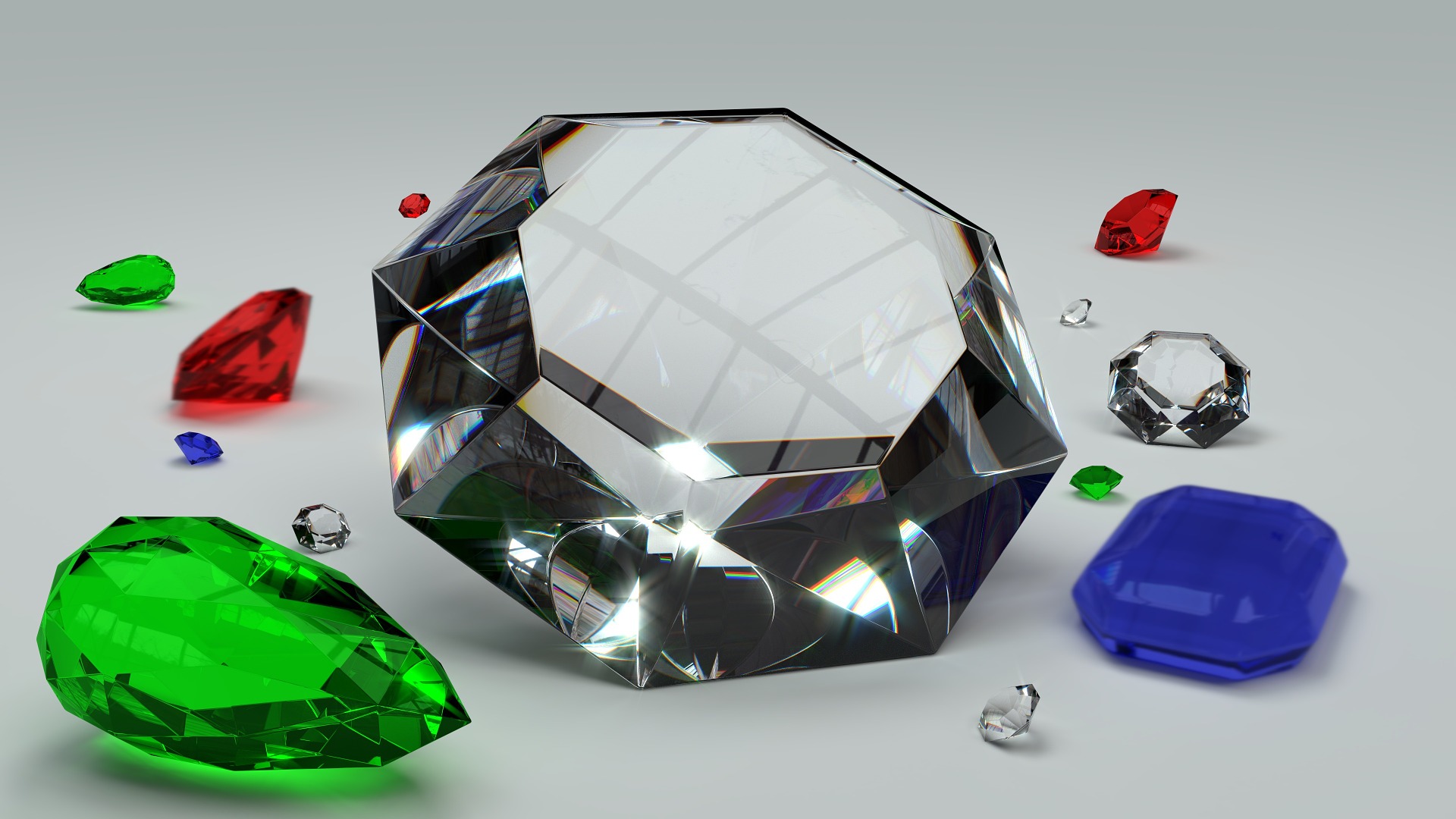
PRECIOUS GEMSTONES
To keep your gemstones sparkling, simply keep them clean. A soak in warm water with a dash of washing up liquid, a rub with a soft brush and a rinse in clear water will make all the difference.
The Mohs’ Scale ranks the hardness of precious gemstones and their resistance to scratching. If your gemstone ranks lower than 7 on the scale, it needs extra-special tender loving care. Remember, no gemstone, even including the hardest of them all, diamonds, topping the scale at 10, is totally indestructible.
Diamonds can suffer chips and fracture from sharp blows
Emeralds, tanzanite and opals are all quite brittle and can chip easily so need great care and a protective setting in jewellery.
Pearls are soft and can easily be scratched. Paradoxically, wearing pearls actually improves their lustre and stops them from drying out. Chemical cleaners will damage pearls so occasionally use mild soapy water to wipe them down. And do remember to have your pearls restrung every once in a while. The last thing you’d want is to lose them all!
Like pearls, some other gemstones should not be immersed in water, especially opal, lapis lazuli, turquoise and coral.
YOUR JEWELLERY MOT
The best news of all is that your jewellery will very rarely be beyond repair or restoration. If you need advice or help, simply pop into your NAJ jeweller for a quick check-up.
Here’s a checklist of some of the things to look out for:
-
Worn, damaged or missing claws on settings risk losing stones
-
Stones loose in their setting
-
Loose catches and clasps or rough links on chains or bracelets
-
Any fractures in metals
-
Pearls that are loose on their thread or where the thread is frayed
-
Too much movement in jointed hinges
-
The plating wearing off white gold
-
Prestige watches should be serviced every year to maintain their efficiency and long life
-
A dive watch needs to be pressure tested annually
-
Finally, if a ring is too tight or too loose, it can generally be re-sized to fit
RE-HALLMARKING
Over the years, hallmarks on your precious metals can damage or wear away. Don’t worry because we can send your piece away to a UK Assay Office, where they can easily re-hallmark it for you!
